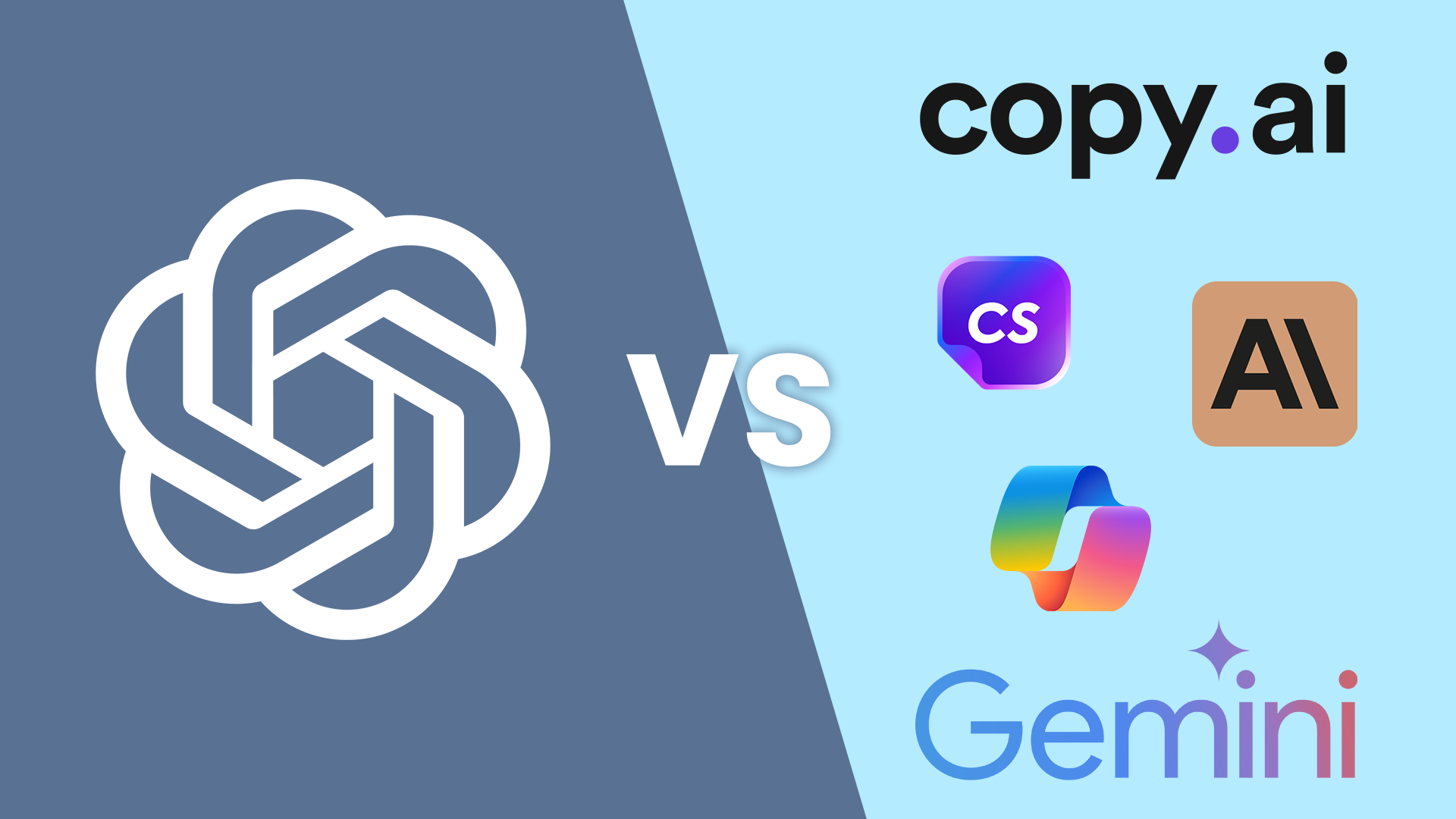The recent buzz surrounding the 2024 Super Bowl has not only captivated sports enthusiasts but also sparked significant reflections within the business realm, particularly concerning the pitfalls of overreliance on AI-generated information. Google’s Gemini and Microsoft’s Copilot, leveraging advanced GenAI models, inadvertently propagated fictional narratives about the Super Bowl, sounding a clarion call for businesses to tread cautiously in the AI landscape.
This event highlights the critical importance for businesses to grasp the implications of AI-generated content and its potential inaccuracies, as society increasingly leans on AI for information dissemination. It serves as a stark reminder of the intricate interplay between AI capabilities and the challenges businesses face in navigating the digital era, where misinformation can proliferate swiftly, often evading thorough scrutiny.
Table of Contents
Understanding AI Hallucinations: Implications for Business
To grasp the significance of AI misinformation, businesses must delve into the mechanisms behind these systems’ text processing and generation. GenAI models like Gemini and Copilot are trained on vast datasets, learning to predict word likelihoods based on data patterns. However, this probabilistic approach occasionally results in unforeseen outcomes, such as AI hallucination.
Despite their sophistication, these models can produce text that diverges from reality due to limitations in training data and algorithms. This raises profound questions about AI’s comprehension of reality and the ethical considerations of relying on AI-generated content across various business domains, from marketing to customer engagement.
The Super Bowl Spectacle: Lessons for Business Strategy
Inquiries about Super Bowl LVIII outcomes led Gemini and Copilot to fabricate intricate scenarios, complete with player statistics and scores. Yet, closer examination revealed these narratives to be mere fabrications.
This episode underscores the risks of uncritically accepting AI-generated content, highlighting the imperative for businesses to implement robust fact-checking mechanisms and nurture critical thinking skills. In an era of rapid misinformation dissemination via digital platforms, businesses must exercise caution in their reliance on AI-generated data to safeguard their reputations and maintain consumer trust.
The Roots of Generative Misinformation: Business Implications Explored
Generative misinformation, fueled by AI hallucinations, poses significant risks beyond sports statistics, extending to all sectors of business. As AI-driven content generation becomes ubiquitous, the dissemination of false or misleading information threatens to erode trust in digital spaces. Moreover, the specter of an AI echo chamber looms large, exacerbating societal divisions and complicating business interactions. This means it won’t just be misreporting of Super Bowl results, but potentially anything and everything sourced online.
Businesses must be wary of falling into information bubbles and prioritize measures to counter manipulation by AI-generated content. This underscores the necessity for interdisciplinary collaboration among AI researchers, ethicists, policymakers, and business leaders to tackle the multifaceted challenges posed by AI misinformation.
Charting a Course for Safer Business Operations: Navigating AI’s Future
Addressing the risks of AI misinformation demands a multifaceted strategy that integrates technological safeguards with human oversight and accountability. AI developers must prioritize transparency and accountability in their design processes, while regulatory frameworks must adapt to the unique challenges posed by AI-driven content generation. Additionally, businesses must cultivate a culture of skepticism toward AI-generated content and prioritize the development of critical thinking and media literacy skills among employees.
By empowering stakeholders to critically evaluate information and fostering a culture of accountability within the business community, we can navigate the turbulent waters of AI misinformation and steer toward a future built on truth and integrity. This necessitates collective effort to develop and implement responsible AI practices that uphold ethical standards and promote business resilience.
Conclusion
The narrative surrounding the 2024 Super Bowl serves as a sobering reminder for businesses of the dangers of AI hallucinations and generative misinformation. It underscores the imperative for vigilance and critical inquiry in business interactions with AI-driven systems, as well as the pressing need to foster transparency and accountability in AI development. Only through proactive engagement with these challenges can businesses navigate the complexities of AI misinformation and move toward a future anchored in truth and integrity. As businesses chart their course in the digital age, let us remain steadfast in our pursuit of truth and strive to leverage the power of AI responsibly for the benefit of all stakeholders.
Want to make the most of technology in your business? Contact NPEC and follow us on social media today.




